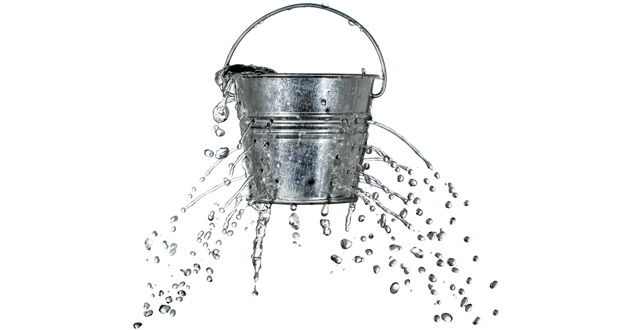The royal commission’s interim report, ominously titled Neglect, was released on 31 October. A great early Christmas present for all Australians, chosen especially with the government in mind.
In response, Prime Minister Scott Morrison joined Aged Care Minister Richard Colbeck, Health Minister Greg Hunt and NDIS Minister Stuart Robert on 25 November to announce another early Christmas present: $537 million to fix the aged care system over the next year. As you probably know, this will fund an extra 10,000 CDC Home Care Packages for a year, as well as provide $25 million to help finance programs to reduce the use of psychoactive medicines among those who receive care. It also provides $10 million for dementia training for aged care workers, and $4.7 million to help reduce the number of younger people with disabilities in residential aged care.
Somewhat predictably, it seems this wasn’t quite what most of the industry wanted. Sean Rooney from LASA quickly pointed out that although welcome, the extra places were clearly not enough. Pat Sparrow from ACSA was reported as saying that “with some 120,000 people waiting for a package, it wouldn’t even touch the sides of demand”.
So, is more money really what is needed? If so, how much more would be enough and where would that come from? If not, what else do we require?
Government ministers have often read us the sermon: Throwing money at such problems won’t fix anything. When such troubles are endemic, more money will, at best, just prop up the existing system. Perhaps that’s what most players in the existing game want.
But what else might we expect government to do? And how might we expect the different players to engage?
At the moment, we don’t have answers, just more accusations and questions.
It reminds me of the old Calypso folk song about the hole in the bucket:
There’s a hole in the bucket, dear Liza, dear Liza
So fix it, dear Henry, dear Henry, dear Henry
With what should I fix it, dear Liza, dear Liza?
With straw, dear Henry, dear Henry, dear Henry
But the straw is too long, dear Liza, dear Liza...
In the end, you’ll probably remember, the bucket can’t be fixed because water is needed to fix it. Water is needed to wet the stone, which must be done to sharpen the axe, which is needed to cut the straw. This is what we require to fix the hole. But how can we fetch the water when there is a hole in the bucket?
That’s of course where modern plumbing comes in! Real brilliance comes when we realise we don’t even need the bucket, and we can forget about the straw and the axe as well.
That’s the problem with which we enter the new year, the beginning of the third decade of the third millennium of this modern and oh so clever era. We all know there are problems. And while no one wants to have to rely on aged care, it is something we each may need before we die.
We all want the problems fixed. It’s just that no one agrees on how to fix them. In the meantime, we keep doing more of the same things that caused the problems in the first place.
That’s the real Christmas present we are left with. Like climate change, the cost of electricity, the problems of drought and bushfires, and so many other problems confronting us today, we expect someone to fix the problem. But the someone seems intent on just ignoring the problems. Now is officially not the right time to talk about it. Leaving the system to fix itself means that simple issues become complex problems, and then these in turn become wicked problems.
 Five hundred million dollars is not enough to fix the aged care system. We all know that. But what do we need? What do we want this year, and what do we want when we are the ones who need the help?
Five hundred million dollars is not enough to fix the aged care system. We all know that. But what do we need? What do we want this year, and what do we want when we are the ones who need the help?
We need to change the conversation for a start, and start talking about the next step. But how are we going to do that, dear Liza, when there’s such a big hole in the bucket?
Michael Fine is honorary professor of sociology at Macquarie University.
Do you have an idea for a story?Email [email protected]
 Aged Care Insite Australia's number one aged care news source
Aged Care Insite Australia's number one aged care news source

